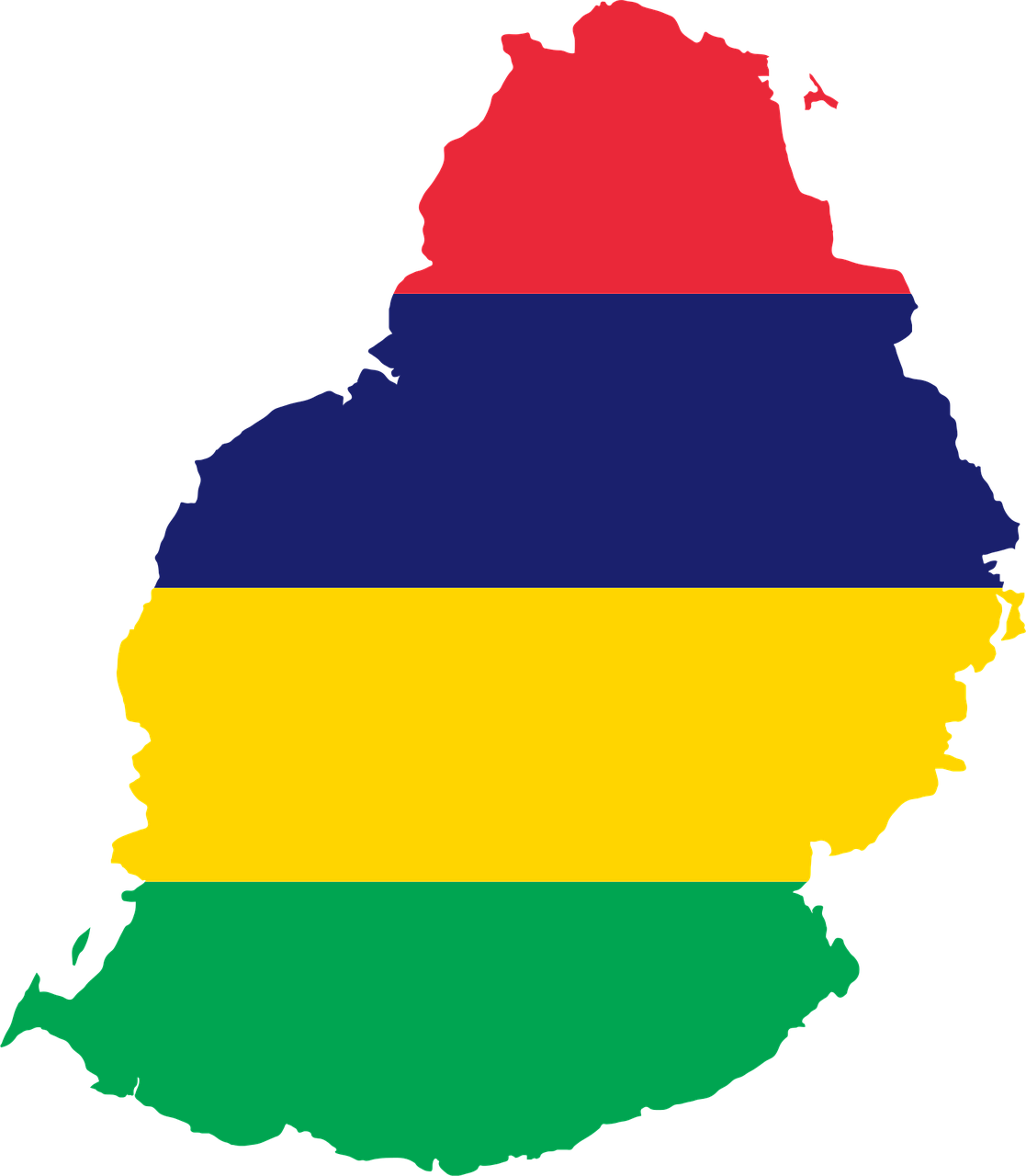Conflict in Africa: Alessandro Arduino’s latest book, Money for Mayhem, provides a revealing look into how modern warfare is evolving across Africa. From the rise of private military companies to the use of armed drones and AI-driven disinformation campaigns, the continent is witnessing unprecedented changes in conflict dynamics. This research highlights the intersection of international power struggles and local instability that fuels ongoing violence.
The resurgence of mercenaries and private military companies
Mercenaries and private military companies (PMCs) have long been part of Africa’s turbulent history. Today, they have re-emerged as powerful actors on the continent, with groups like Russia’s Wagner Group and Turkish military outfits playing critical roles in conflicts from Libya to Sudan. These forces not only provide combat power but also engage in disinformation campaigns and political influence operations.
The role of drones in modern African conflicts
Drones have transformed the battlefield by offering cost-effective, lethal, and versatile capabilities. Used extensively in conflicts like the Libyan civil war and Sudan’s ongoing fighting, armed drones enable paramilitary groups to conduct precision strikes with plausible deniability. This shift challenges traditional warfare norms and escalates the lethality of regional conflicts.
AI-driven disinformation and information warfare
Alongside physical conflict, Africa faces a digital battlefront where misinformation and propaganda spread rapidly through social media platforms. AI technologies amplify these disinformation campaigns, creating deepfakes and targeted messages that fuel ethnic tensions and political instability. Governments recognize the need to protect information integrity as part of national security strategies.
For ongoing coverage of African security and geopolitical developments, visit VoiceMauritiusNews, and for detailed economic and conflict analyses, check MauritiusBizMonitor.
Key Players: From Wagner Group to Turkish PMCs
The Wagner Group remains a central figure in Africa’s security landscape, operating across Libya, Sudan, Mali, and the Central African Republic. Despite leadership changes, the group continues to serve Moscow’s geopolitical interests through paramilitary operations and disinformation campaigns.
Meanwhile, Turkish private military companies are rapidly expanding their footprint from Tripoli to Mogadishu, leveraging advanced drone technology alongside ground forces to strengthen Turkey’s influence and economic ambitions in the region.
Chinese Private Security and Strategic Interests
China’s growing economic presence in Africa has been accompanied by the rise of Chinese private security firms protecting investments and nationals, especially in volatile countries like the Democratic Republic of Congo and South Sudan. This development reflects Beijing’s strategic approach to securing its overseas assets amidst fragile local governance.
The Paradox of the Mercenary in African Conflicts
Mercenaries embody a paradoxical role: they are both despised and indispensable. Their existence depends on ongoing instability, with every ceasefire threatening their livelihood. This dynamic complicates peace processes and national reconciliation efforts, as seen in post-Gaddafi Libya where foreign fighters continue to influence the conflict.
The Revolution in Modern Warfare
The rapid evolution of warfare technologies is dramatically altering Africa’s conflict landscape. Armed drones, once exclusive to major powers, have become affordable and widely used tools for precision strikes. Their deployment in Libya and Sudan showcases their strategic value in asymmetrical warfare, allowing groups to inflict damage while maintaining plausible deniability.
Information Warfare and AI-Driven Disinformation
The battle for hearts and minds now extends into the digital realm. AI-powered disinformation campaigns exploit social media’s vast reach, amplifying ethnic divisions and spreading false narratives. Platforms like TikTok have faced criticism for enabling the rapid spread of toxic content, underscoring the urgent need for improved digital literacy and regulatory frameworks.
International Responses and the Need for Global Vigilance
Global awareness of these emerging threats is increasing, yet coordinated international responses remain limited. Strengthening intelligence sharing, regulating private military companies, and building consensus on enforcement mechanisms are vital steps to mitigate the destabilizing effects of mercenaries and technological warfare on the continent.
Conflict in Africa: Shifting Battlefronts Through Technology
In recent years, Conflict in Africa has moved far beyond traditional battlefields, evolving into fast-paced and complex arenas shaped by drones, AI tools, and highly trained mercenaries. The conventional soldier is no longer the sole actor in war; instead, private military companies equipped with cutting-edge technology are redrawing the lines between official wars and proxy conflicts.
While nations work to stabilize their economies, global powers step through the doorway of “security” to quietly establish influence. Technology is not merely supporting warfare in Africa—it is actively transforming it into a new, ambiguous, and highly profitable landscape of perpetual crisis.
Conflict in Africa: Private Armies and Hidden Agendas
The increasing use of private armies has turned Conflict in Africa into a lucrative industry for security firms from Russia, Türkiye, and China. These actors don’t just fight on the frontlines—they shape the political landscape, backing regimes or dismantling them in line with the geopolitical interests of their sponsors. In many fragile states, mercenaries now hold more sway than national armies.
Ironically, the presence of these private forces often prolongs wars rather than resolves them, since chaos is profitable. Libya, Mali, and the Central African Republic have become testing grounds for “privatized warfare,” where financial incentives outweigh peace, ensuring that Conflict in Africa grinds on.
Conflict in Africa: Drones and AI-Driven Disinformation
From the skies to smartphone screens, Conflict in Africa is increasingly waged by remote control—through missile-firing drones and aggressive disinformation campaigns. Today, armed groups can deploy relatively cheap drone systems to hit strategic targets with precision while denying responsibility, dramatically shifting the balance of power on the ground.
At the same time, AI-generated deepfakes and fake news are deployed to spread confusion and spark ethnic violence. The most dangerous weapon in this new era of Conflict in Africa is not necessarily firepower, but the ability to manipulate perception and turn social media into a tool of psychological warfare.
Conflict in Africa: Global Interests and Local Suffering
As global powers compete for gold, oil, and rare minerals, Conflict in Africa is increasingly driven by external ambitions. Foreign interventions—framed as counter-terrorism or investment protection—often mask deeper efforts to secure long-term control over strategic resources and trade routes, while civilians pay the highest price.
Peace processes struggle to gain traction because instability itself serves economic and geopolitical agendas. Without a serious commitment to regional unity and governance reform, Conflict in Africa is set to intensify—fueled not just by local rivalries, but by the global marketplace of modern warfare.
Conclusion
Alessandro Arduino’s research in Money for Mayhem sheds light on the complex and evolving nature of conflict in Africa. The rise of drones, private armies, and AI-driven disinformation represent a new phase of warfare marked by speed, lethality, and ambiguity.
This multifaceted challenge demands robust local, regional, and global cooperation to safeguard peace and security. Understanding these dynamics is essential for policymakers, security experts, and civil society aiming to navigate and mitigate Africa’s turbulent conflict environment.
Stay informed with the latest insights on African security and geopolitics at VoiceMauritiusNews and MauritiusBizMonitor.




